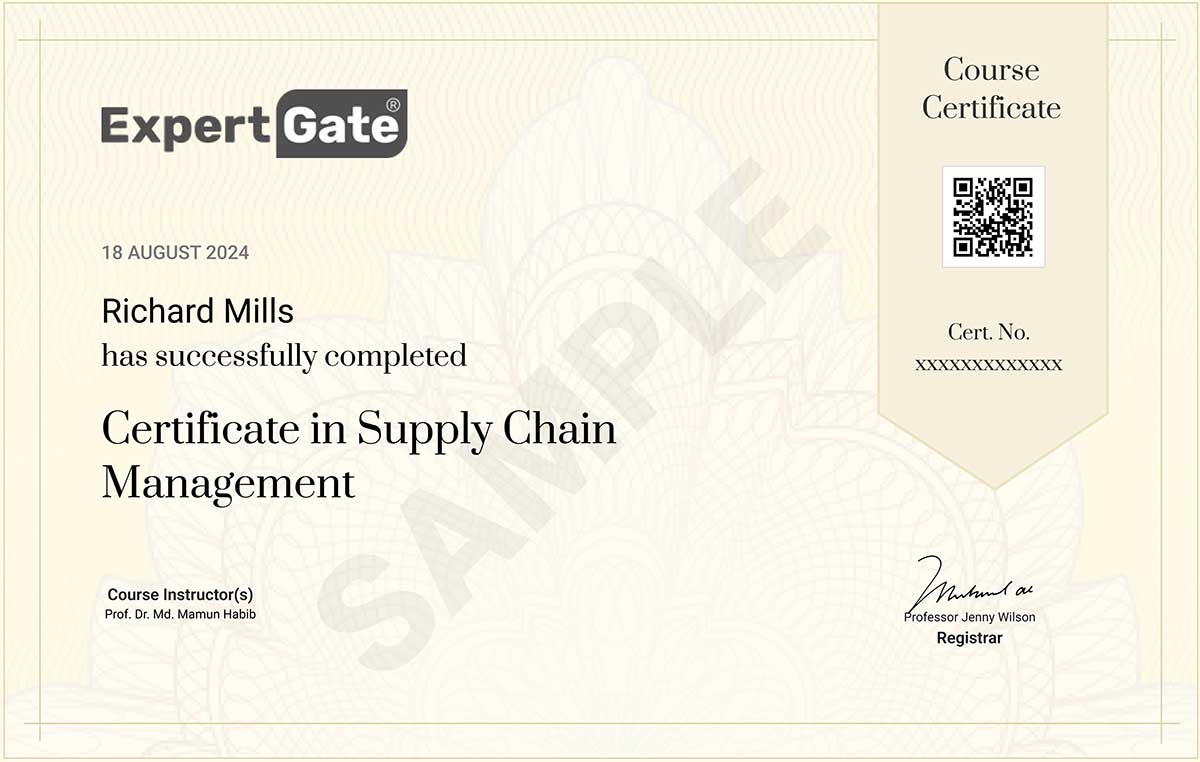Fundamentals of Islamic Finance for Home Ownership

Overview
Instructors
Outcomes
By the end of this course, participants will acquire the knowledge and skills to understand and apply Islamic finance principles to home ownership. The key outcomes include:
- Understanding Islamic Finance Principles: Participants will develop a solid foundation in Islamic finance, including the prohibition of Riba, avoidance of Gharar, and promotion of risk-sharing. They will learn to distinguish between conventional and Islamic financial systems and identify ethical financial practices aligned with their values.
- Familiarity with Islamic Home Financing Models: Participants will gain knowledge about global Sharia-compliant financing models, such as Murabaha, Ijara, and Diminishing Musharaka, understanding their application in real-world home financing scenarios.
- Evaluating Sharia-Compliant Financing Products: Participants will develop skills to compare Islamic home financing products, understanding their features, benefits, risks, and how they align with personal financial goals.
- Practical Tools for Home Financing Decisions: The course equips participants with tools to evaluate local market options, research reputable institutions, and assess financing product terms and conditions.
- Legal and Regulatory Knowledge: Insight into the legal and regulatory frameworks governing Islamic finance will enable participants to understand the standards set by governing bodies and their impact on financial decisions.
- Financial Planning and Budgeting: Participants will learn to incorporate Islamic finance options into financial planning, including budgeting and assessing long-term implications of home ownership decisions.
Structure
This 3-day course is structured into three key sessions:
Day 3: Evaluating Financing Products, Legal Frameworks, and Making Informed Decisions
Assessment
To ensure a comprehensive evaluation of participants’ progress and understanding of each module, the program adopts the following assessment method:
Quizzes and Tests: Short quizzes to assess participants' understanding of key concepts introduced in each session.
Target Audience
This course is designed for a diverse audience interested in applying Islamic finance principles to home ownership:
- Individuals Seeking Ethical Home Ownership Solutions: Muslims aiming to align home financing with Islamic teachings and non-Muslims interested in ethical finance practices.
- Financial Advisors and Planners: Professionals seeking to enhance their expertise in Islamic finance to better advise clients on ethical financing options.
- Real Estate Agents and Developers: Agents and developers serving clients interested in Sharia-compliant financing solutions.
- Banks and Financial Institutions: Professionals in financial institutions offering or planning to introduce Islamic finance products.
- Academics and Researchers: Scholars exploring Islamic finance principles and their application to home ownership.
- Government Officials and Regulators: Policymakers involved in developing regulations for Islamic finance.
Recommended Resources
Certificates

